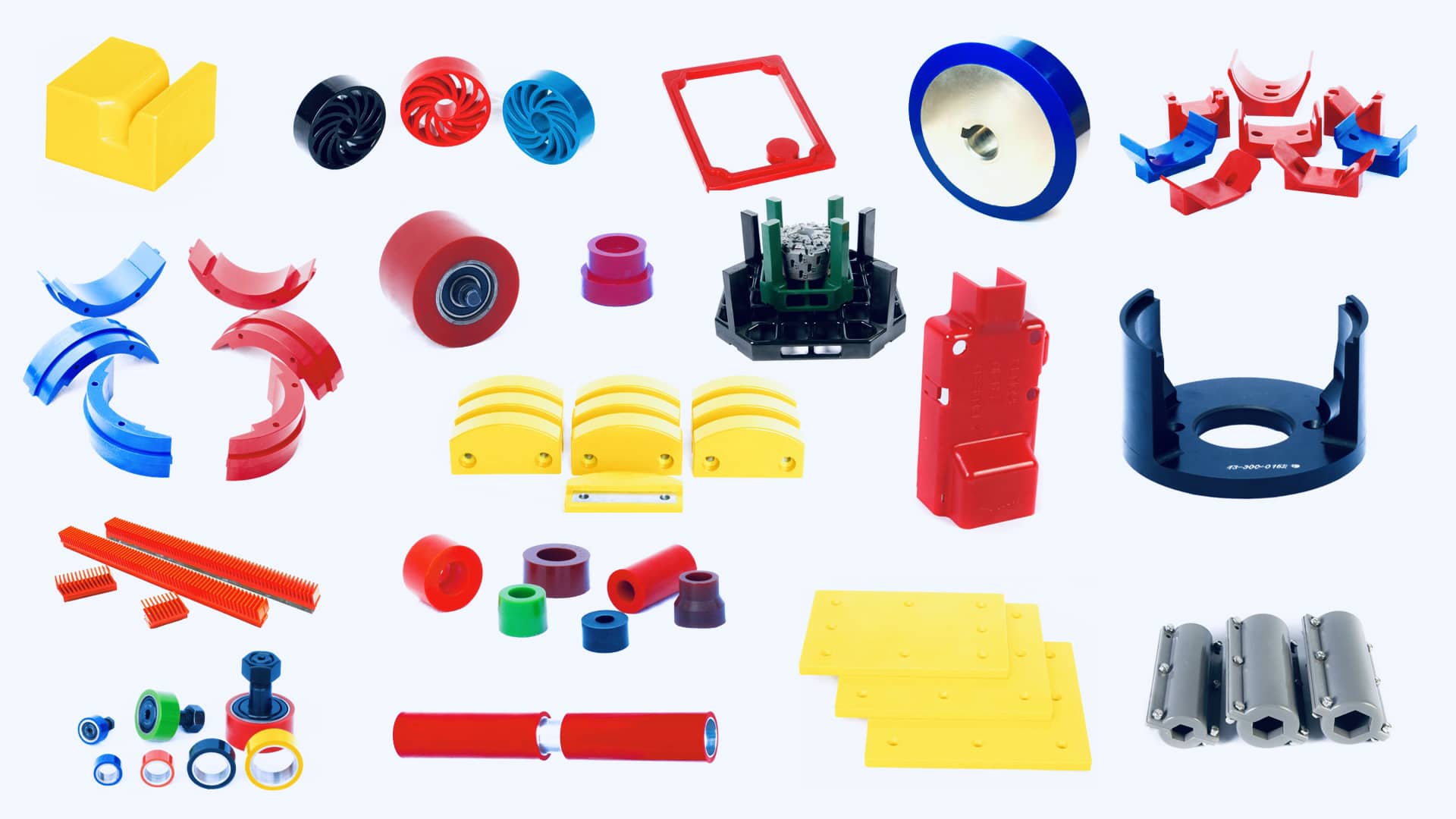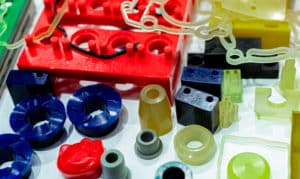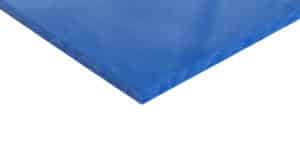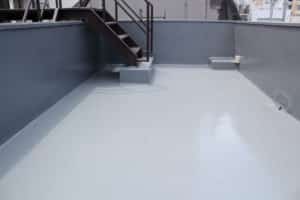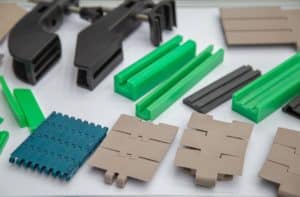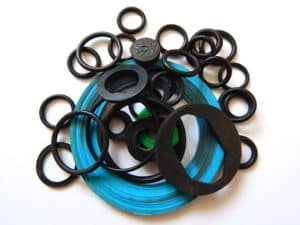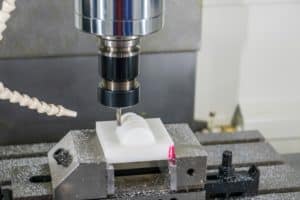A Guide to Using Urethane Rod and Urethane Bar Stock
Are you looking for a stronger, tougher, and more reliable alternative to rubber and plastics? If you work in industrial spaces and are looking for high-performance products and components, then urethane rods and bars might just be the solution for you. Capable of withstanding heavy-duty use, wear, tear, and abrasion, polyurethane bars and rods are…...
Urethane Sheets: Why Buying Online Can Save You Time!
Uniflex offers a wide range of urethane sheets, which you can cut to custom sizes and use for a variety of purposes. Urethane is an extremely durable material that can withstand heavy use and repeated impact. It is also deformation-resistant, making it ideal for high wear applications. Our online store makes it easy to find…...
Urethane Sheets and Industrial Applications
Urethane sheets are versatile products that can be used in a variety of industrial applications. They are made from polyurethane, which is a synthetic polymer known for its durability and strength. It is far from a traditional material. Open cast urethane sheets can be used in the manufacturing, construction, and automotive industries, plus others that…...
The Uniflex Guide to Urethane Sheets
No matter what kind of project or use you need it for, you can’t go wrong with polyurethane sheeting. It works for all sorts of applications and comes in a wide array of colors and durometers, making it one of the most versatile materials available. Manufactured from thermoset urethane material, polyurethane flat sheet stock cannot…...
10 Facts About Food Grade Urethane
Over the last 50 years, nearly everything about food has undergone a significant change – how we cook it, buy it, eat it, raise it, grow it, and package it. The modern food and beverage industry is much more focused on sanitation, hygiene and safety in their production, packaging, and distribution practices to eliminate the…...
4 Facts About Rubber Seals
Rubber seals prevent the unwanted leakage of liquids and gases in various components. For example, they are used on pumps to keep them from leaking out too much oil or developing air bubbles that could cause problems with their operation. Rubber seals may also be utilized on valves, vacuum seals, pipe joinery, and much more.…...
Polyurethane Rubber Technical Data
Polyurethane rubber products are made up of complex molecular chains that, when formed, tend to maintain their resilience, flexibility, and shape under compression, tension, or stress. Due to urethane products' ability to be manipulated into practically any size, shape, and hardness, it is a highly versatile material. Here’s some key information about polyurethane rubber and…...
Polyurethane vs. Rubber Rollers
Rollers are employed in a wide range of industries, including manufacturing, engineering, and construction. It's difficult to imagine one trade sector that doesn't use rollers in some capacity. They come in a variety of sizes and are often moving up and down or side to side at breakneck speeds. Traditionally, rollers have been made of…...
How Does Micro Molding Work?
Micro molding is a type of fabrication process that creates detailed structures in polymers on a micro scale using molds. The micro molds are made in a micro-tooling department where a cavity is carved into each mold that matches the shape of the part to be manufactured. The component or item can then be swiftly…...


